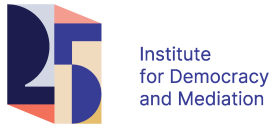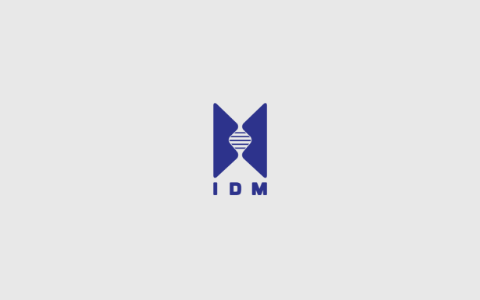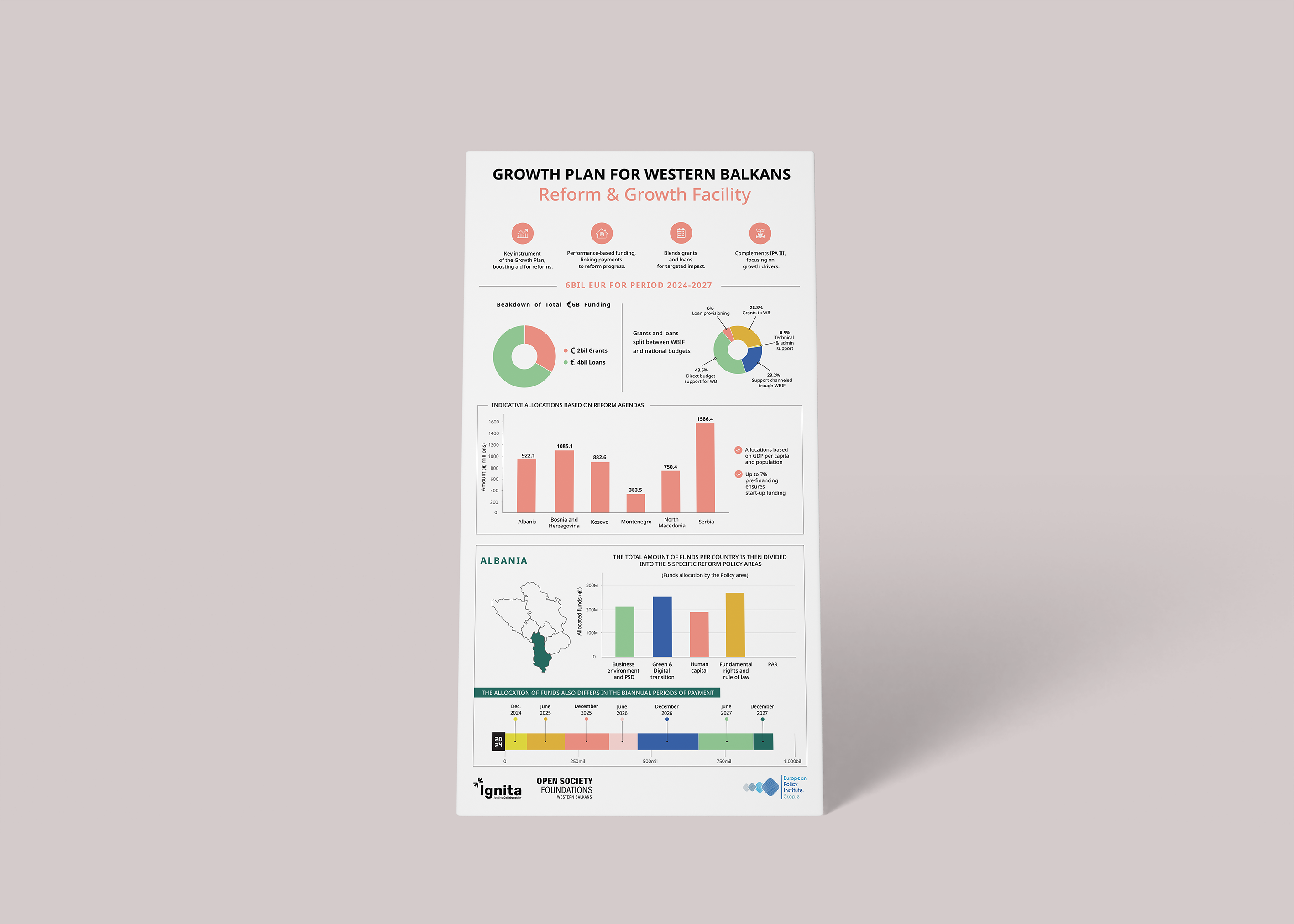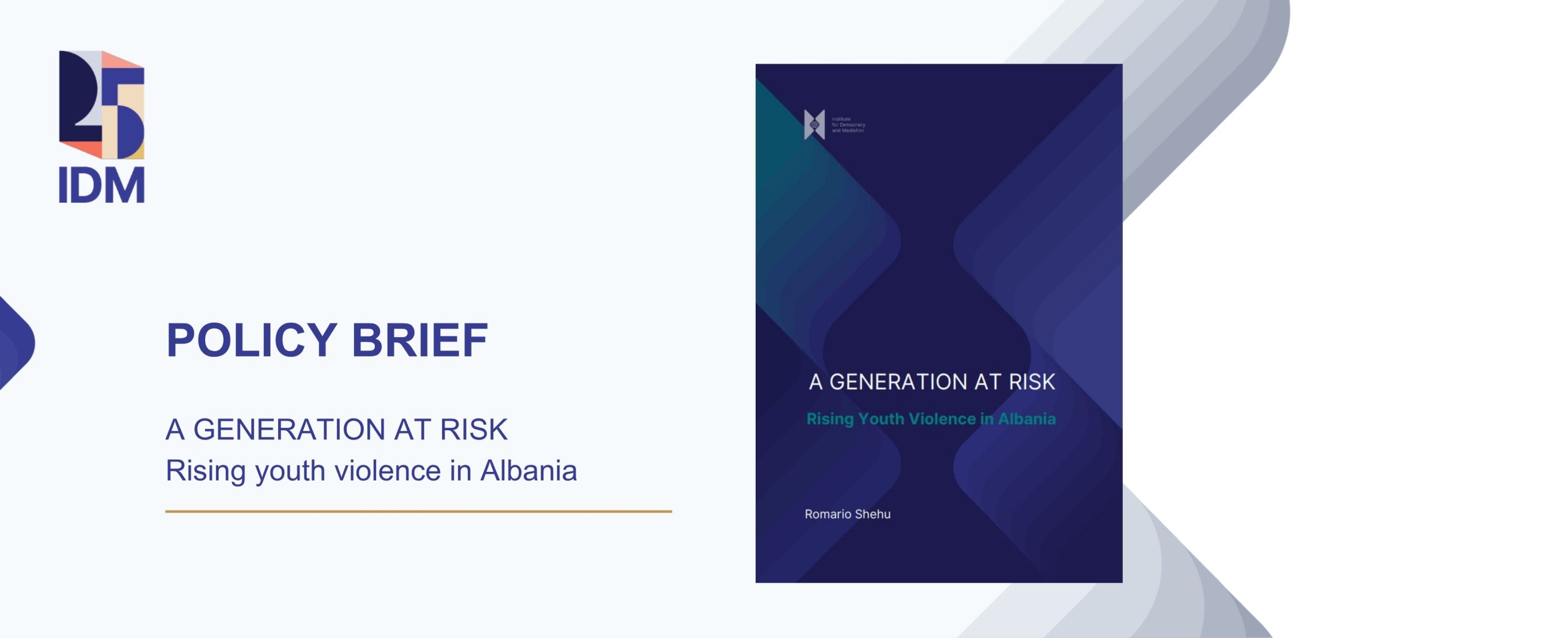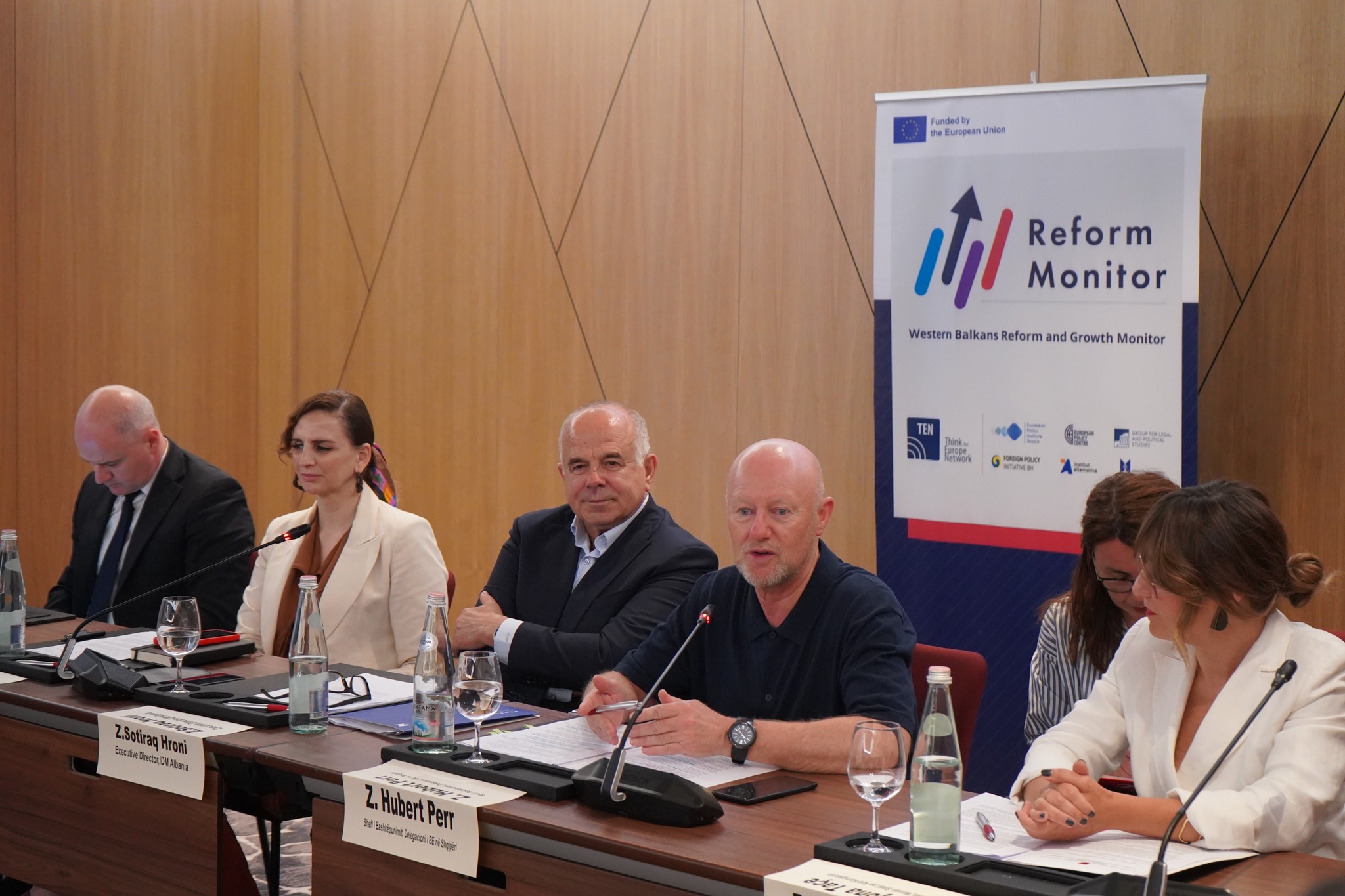Gender Equality in the Armed Forces of Albania
Roundtable – Hotel Rogner – 10th of December 2010
The Institute for Democracy and Mediation (IDM), on the 10th of December 2010 at Hotel Rogner, organized a roundtable for launching the study “Gender Equality in the Albanian Armed Forces” prepared by three IDM associated researchers: Edlira Peco, Eurona Leka and Etlida Saliu.
Participants in this meeting included representatives from public institutions (Ministry of Defense, Ministry of Labor, Social Affairs and Equal Chances, The Presidency, Academy of Defense etc.
,) as well as invited persons from civil society (main women NGOs). This meeting was focused on the problematique of gender equality within the Armed Forces of Albania.
This roundtable aimed to gather together the interested stakeholders for discussing and articulating some of the main aspects of women representation such as:
- Gender Equality aspects in the AF; the context and theoretical framework
- The legal aspects of Gender Equality in the Armed Forces
- Best Practices of Gender equality in AF: Romania as a Case Study
During the presentation of this policy brief, the researchers were focused on the actual situation in Albania regarding gender issues in the Armed Forces. Although the national action plans, strategies and the other documents that summarize the main policies and the complementary ones at national level show a high level of awareness and of approximation regarding the quality of the gender prospective, the integral part of this concept is mostly related to the organizational process which at the same time touches upon the roles of all the actors included in it: women, men, decision makers, the government, the society, the media etc. Within this context and according to the presented study, there becomes evident the need for Albania to prepare the National Action Plan and the required Directives to promote gender prospective within the framework of implementing UNSCR 1325. Consequently, it is necessary the promotion of equal chances for men and women regarding promotion in ranks and responsibilities as well as the improvement of the Albanian legislation related to the procedures followed in the AF, especially those related to physical testing for women during their pregnancy or birth period. Therefore, the time has come for gender equality in AF to be seen mostly as a qualitative approach rather than simply a quantitative one referring simply to statistics (women in the armed forces shall not simply be recruited and contracted but they shall be engaged and treated on equal basis as their male colleagues). This approach would improve their position and would better address to gender equality in a larger degree also for the Albanian society in general.
It is important that individual perceptions of gender equality regarding women as well as men shall by now be transformed and perceived as a structured and official stance of the structures on which the application conditions have not only been created by the legislation but that are rigorously practiced by the relevant actors. Internal discrimination towards women, hided in the Armed Forces, shall come to an end firstly by the women themselves and then, it shall also be abandoned by their male colleagues.
The speakers of this roundtable included Col. Manushaqe Shehu (Advisor of the President); Col. Suzana Jahollari, Mirela Rumbullaku (Ministry of Defense), Mirela Arqimandriti (Director of the Centre Gender Alliance for Development) as well as new lieutenants in the Armed Forces.
Participants were part of the discussions and open debates on key issues (men and women) expressing their concern and the problems they had encountered regarding gender representation in the armed force on different perspectives.
According to them, some of the key factors that directly influence women representation in the army are the lack of defined quotas for women at different positions of the AF, the application of similar physical requirements as those applied for males, the absence of women promotion during their career, institutional problems etc.
The representatives of the AF and civil society estimated this activity as a good chance to express the problems of gender equality in the AF as well as for getting a more appropriate knowledge of the situation in this regard.
